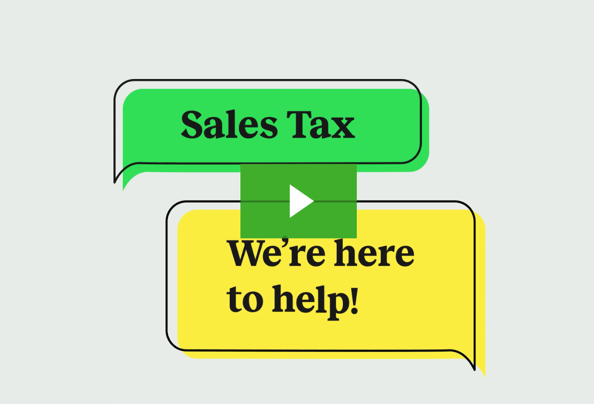Common and Strange Sales Tax Exemptions
by November 1, 2020
What makes sales tax so confusing sometimes is the fact that not everything is subject to being taxed. There are a multitude of exemptions out there that, while handy, can cause confusion and irritation. You’ll see what we mean below – there are some fairly common ones shared by most states, but some states have gone out of their way to make things extra confusing.
Common Exemptions
Sales to Churches, Hospitals, & Schools
While naturally the rules are different for every state, sales to churches are typically exempt from sales tax. Similarly, sales to hospitals and schools CAN be exempt, although many states require the organization to be operated as a not-for-profit. On top of this, there are often specific rules surrounding which items can and cannot be sold with the exemption in place.
Newspapers and Magazines
It may have crossed your mind the last time you paid for a newspaper at a newsstand or in the grocery store, but these publications are generally exempt from sales tax. Again states have different rules on the subject, with some going out of their way to “define” what constitutes a newspaper or magazine.
Government Agencies
Are you miffed at the way the government treats you as far as sales tax? Unfortunately you might not be able to take it out on them by charging said tax as sales to most local, state, and federal government agencies are exempt from it!
Strange Exemptions
Food
If your business has anything to do with food you may have some exemptions on your hands. Many states seem to have trouble defining exactly what should and should not be counted as taxable items, even going down to the tiniest ingredients.
For instance in Iowa candy with flour ingredients isn’t taxable. This means the Milky Way bar, which has a tiny bit of wheat flour, isn’t subject to sales tax. However if you buy the Milky Way Midnight bar, it IS subject to sales tax because it contains no flour.
New York also has a weird one about bagels. Did you order a bagel and take it home to eat it? Congrats, no sales tax. However, if you grab a bagel and eat it in the store, the sale is subject to sales tax. If the owner prepares or doctors up the bagel in any way it’s also subject to tax.
Fur Versus Faux
Do you love fur? Then you might not want to head to Minnesota. While the state used to be on the forefront of pelt fashion (and by “used to be” we mean several hundred years ago) they’ve now reversed their stance on it. Clothing in Minnesota is mostly sales tax exempt unless you want the feeling of fur on your skin.
To be more specific, that fur coat or whatever you’re buying must have three times more fur than the next most valuable material. So if it’s 75% fur and 25% polyester, it’s taxable. If it’s 50/50, it’s not.
New Jersey actually followed suit (sorry for the pun) on this clothing tax. They saw it as a great source of revenue, first telling fur sellers they wouldn’t need to collect but then reinstating it later on. Confusingly, most clothing in the state is exempt from sales tax.
Of course, every state has its sales tax oddities. Does your state have any unusual sales tax exemptions? Start the conversation in the comments!Please note: This blog is for informational purposes only. Be advised that sales tax rules and laws are subject to change at any time. For specific sales tax advice regarding your business, contact a tax advisor.








